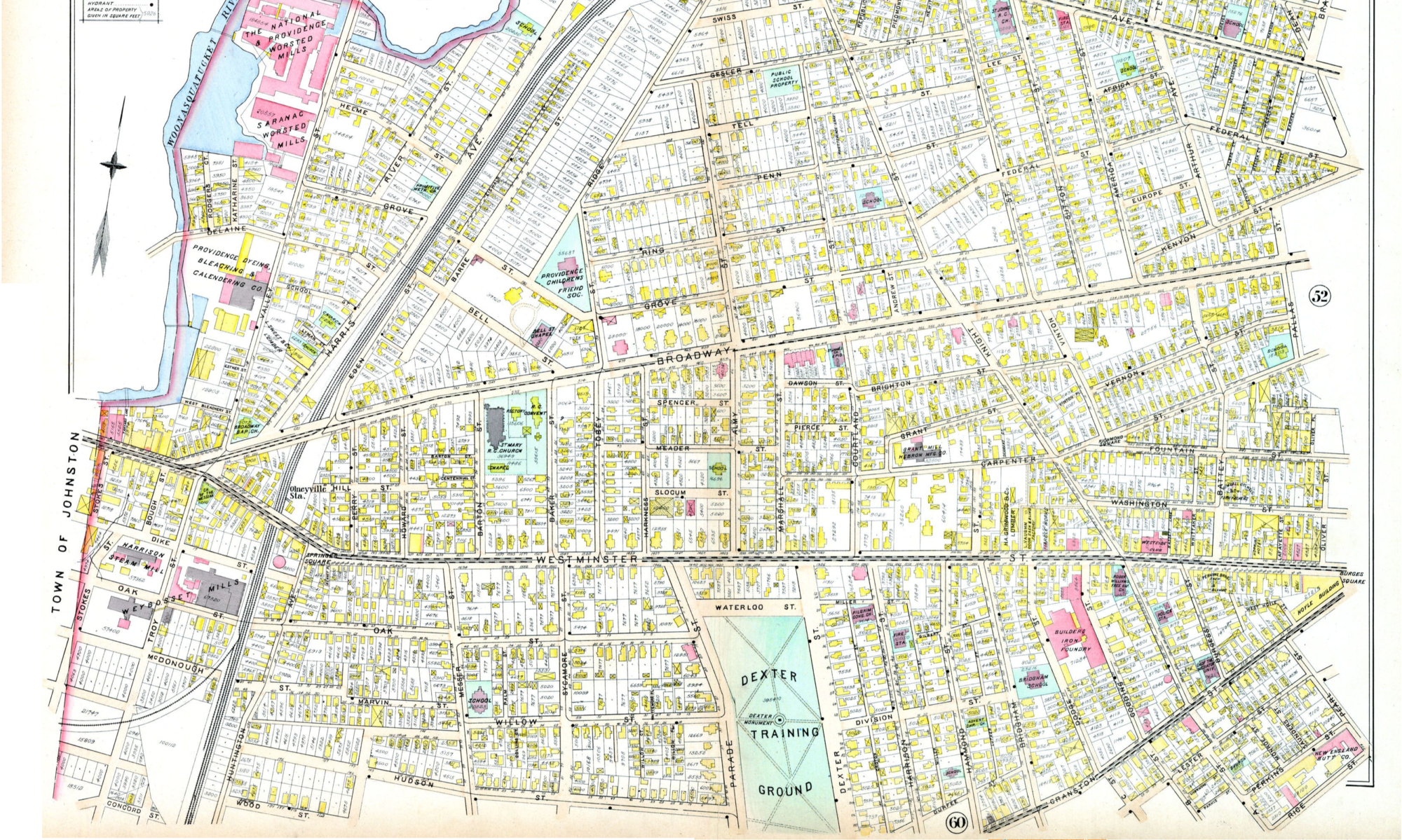Tonight I played Clue. I’ve always liked it a lot, though I’ve never played it very frequently. I was really proud of the notation method I used today, and I think that with a few tweaks it would be really superior. I’ll outline what I did, a few observations, and what I plan to do next time.
What I did
I put X’s in the boxes for the cards I had. When anyone made a “suggestion”, I marked in a second column their first initial and how many guesses they had now made. In a third column, I wrote down the initial of everyone who said they could not help the guesser (in the rows guessed). When someone did show a card, I marked the first column (with the X’s for my cards) a small initial of the person who showed, in each row guessed. When I was shown a card (or when I definitively deduced what card was shown) I put a big initial of that card’s holder in that same first column. When I was pretty sure someone had a card, I circled the small initial in the box.
That’s it. It was a little clumsy and inefficient in some ways, but I won. Here are some observations:
Observations
- The most important thing you can know (apart from knowing that someone has a card) is who doesn’t have that card. Therefore the most important thing to keep track of is who says they can’t help the guesser. You can ultimately figure out who has a card when this list gets up to one less than the number of people playing.
- Ideally, you’d keep in mind each person’s progression of guesses, so you could see the patterns and thus figure out what they’d been shown last time they guessed. But I think that’s too much for the little piece of paper. If you’re not doing that, keeping track of which number guess a person is on is labor-intensive and inefficient.
- Obviously, when you know someone is guessing two things that they hold, and someone shows them something, you know what card was shown. But even if you can’t do that, it’s still good to keep track of when someone shows. If someone shows frequently when one card is guessed, you can have a pretty good idea that they have that card. This is of course a rough guess unless you also make sure that that card is not being guessed in conjunction with another on those occasions, and even then it’s less than 100%. But most of the assumptions I made based on this panned out.
What I’m going to do next time
The same thing, except without the numbers (which wasted time), and with a special focus on who doesn’t have certain cards. I won this time partly because two people before me accused incorrectly, but I think having a good system like this can’t hurt your chances. Anyone have a better system, or comments on this one?


This reminds me a story a friend of mine told me recently — she was babysitting a few weeks ago, and the little girl kept cheating at clue, and my friend was caught in the babysitting dilemma of how far you play along with your charges’ caprices, and when you have to discipline them. So she made the girl miss a turn “because otherwise, how will she learn?” and the little girl was upset. Her other observation was that every girl’s desire to be Miss Scarlett transcends age, country, and culture. Obviously, she let the little girl be Miss Scarlett, but not without a pang. I showed her this blog post and she said “We have to have a grown-ups game of Clue very soon!!!”
I played Harry Potter clue at Christmas, and also won. The thing I found most useful and important was figuring out what cards people held that they used to ask questions. Ie, if I had Draco and I suggested that Draco did it, then I’d fond out if someone else had one of the other two cards. I think I won because I was able to deduce what was in my opponents’ hands, and therefore what was in the envelope.